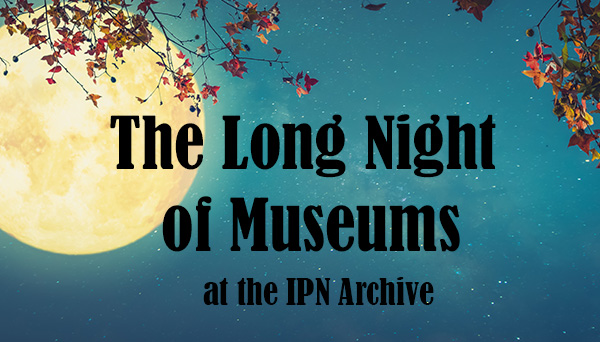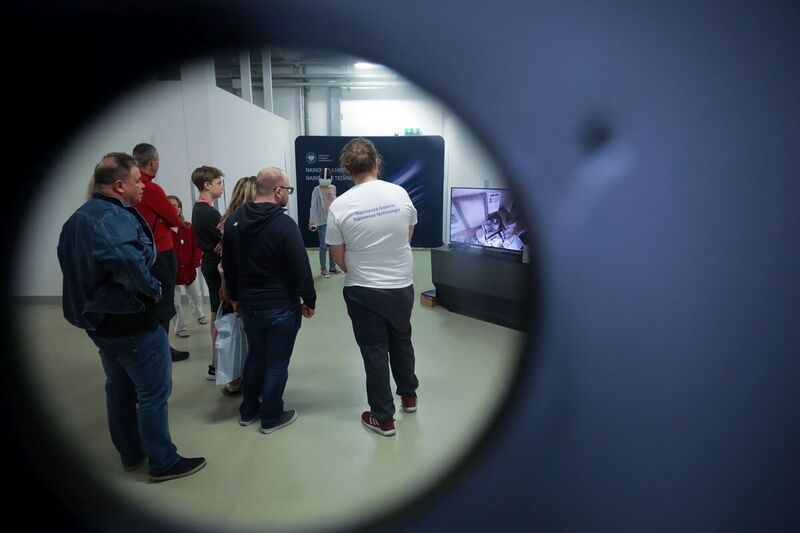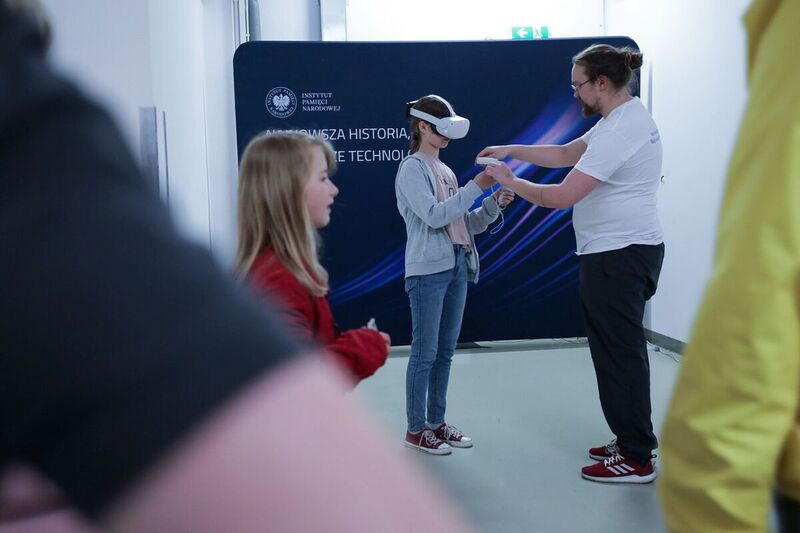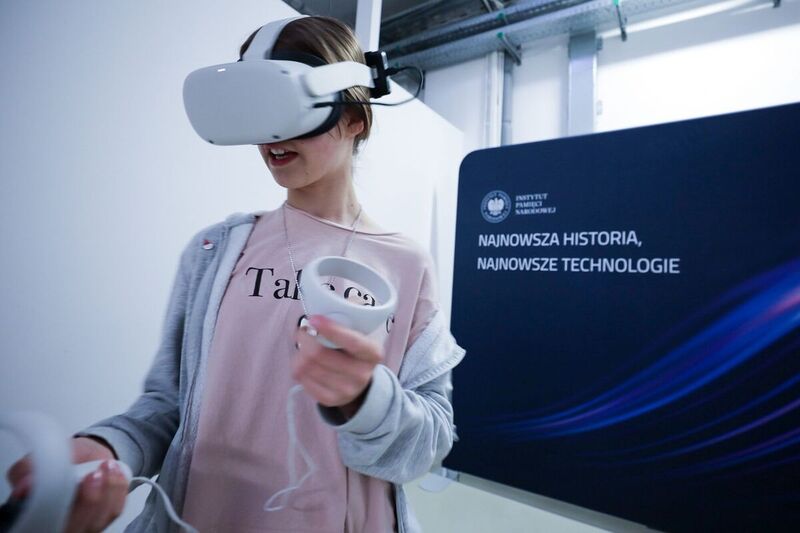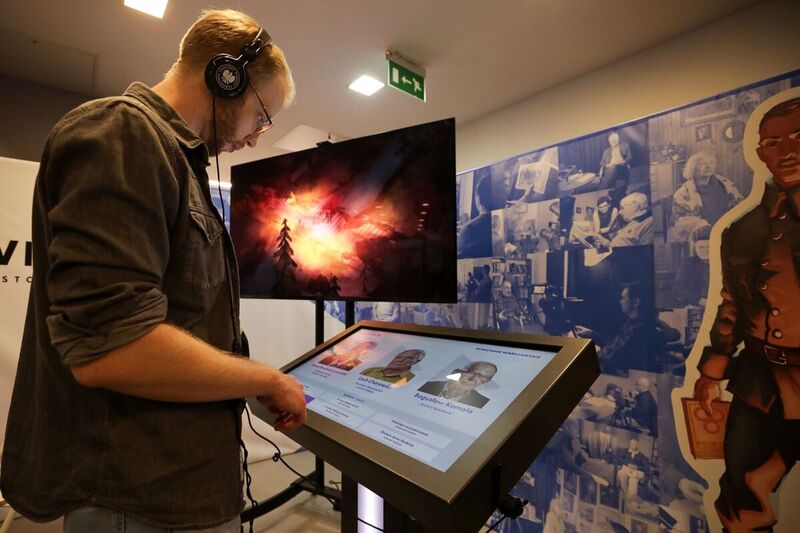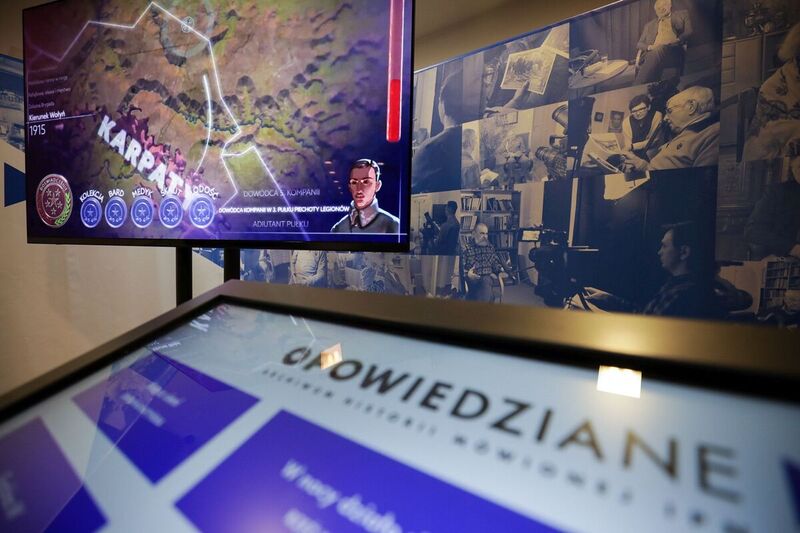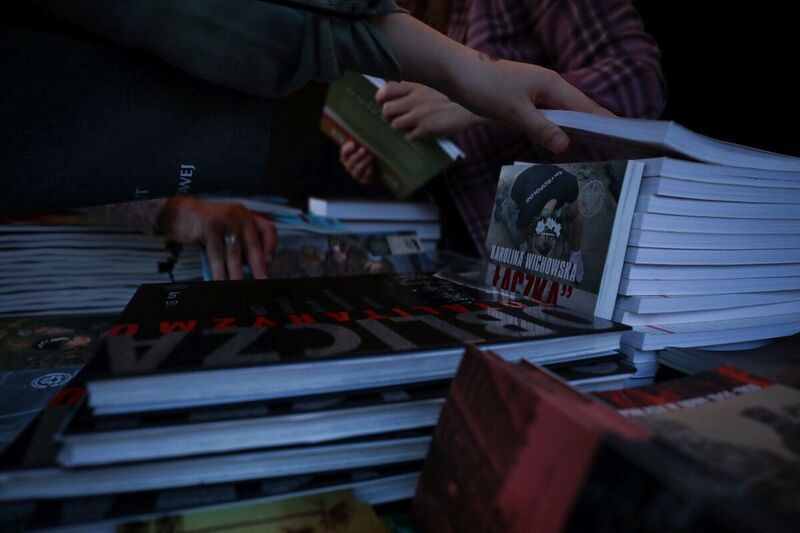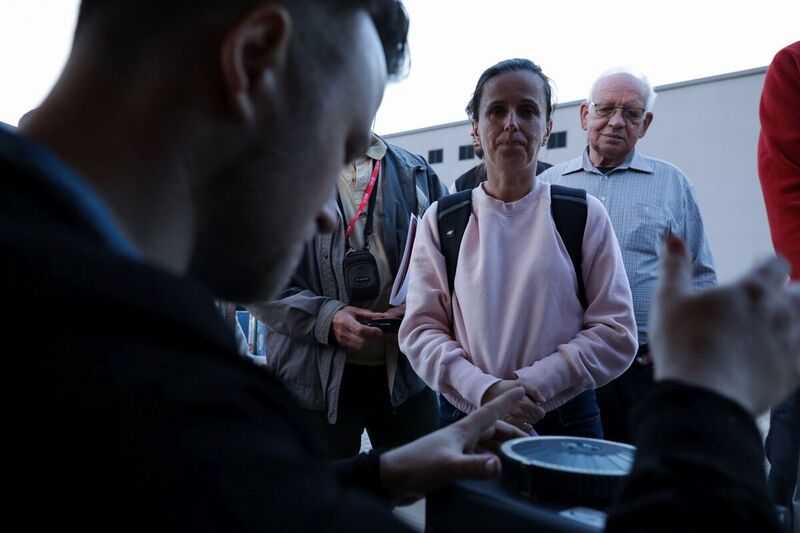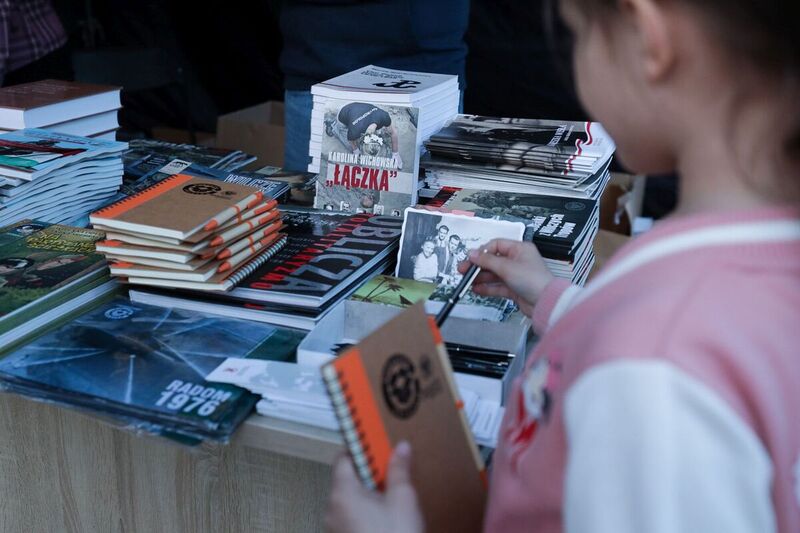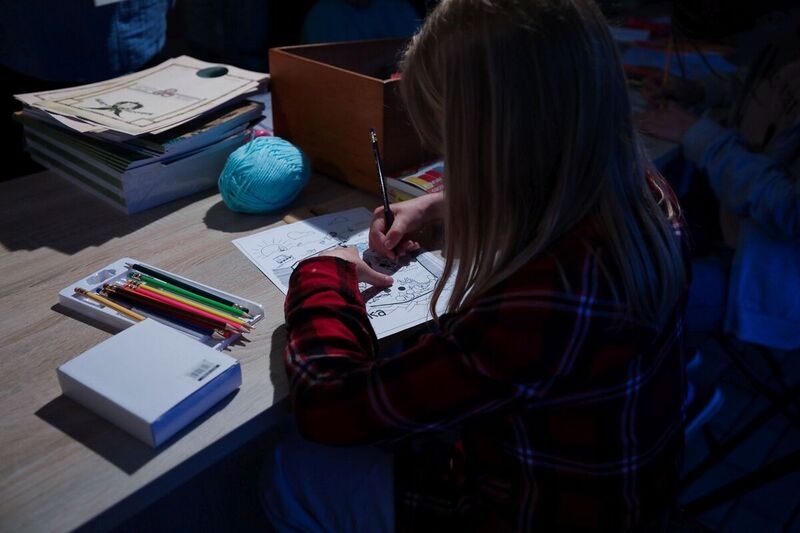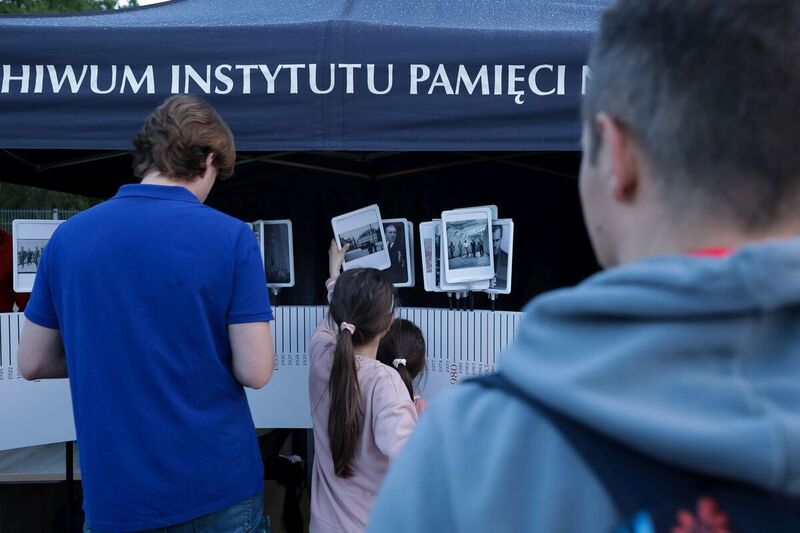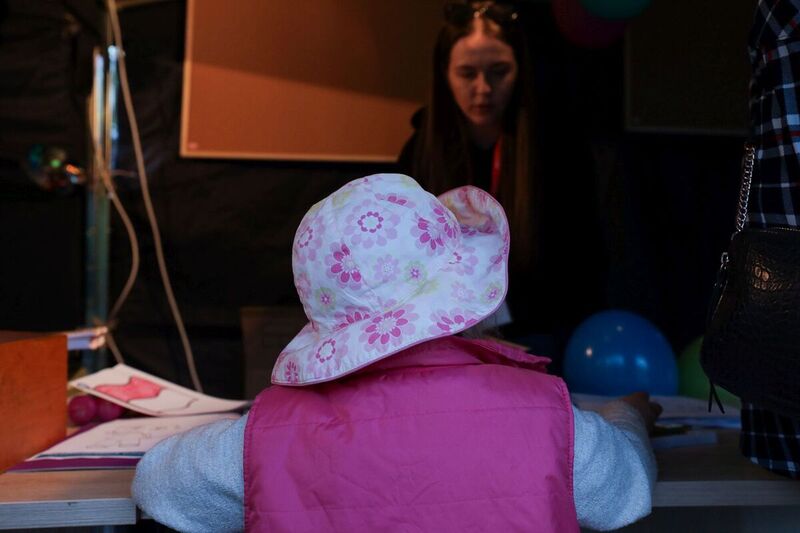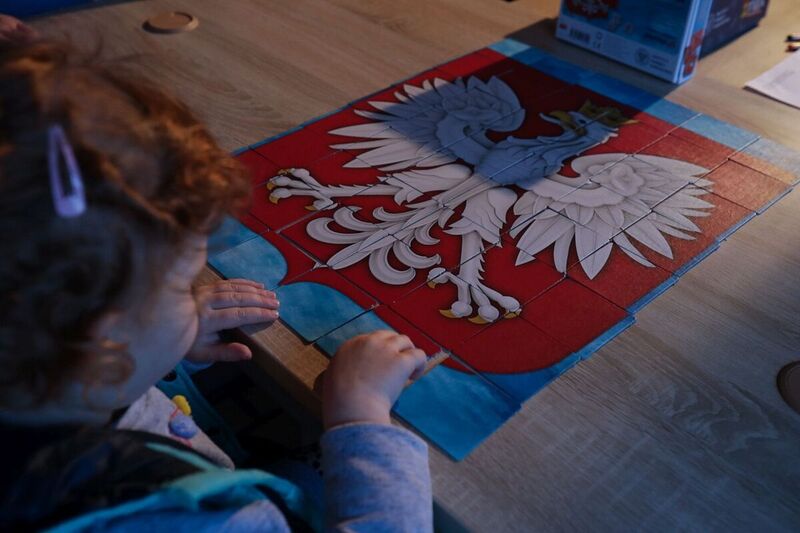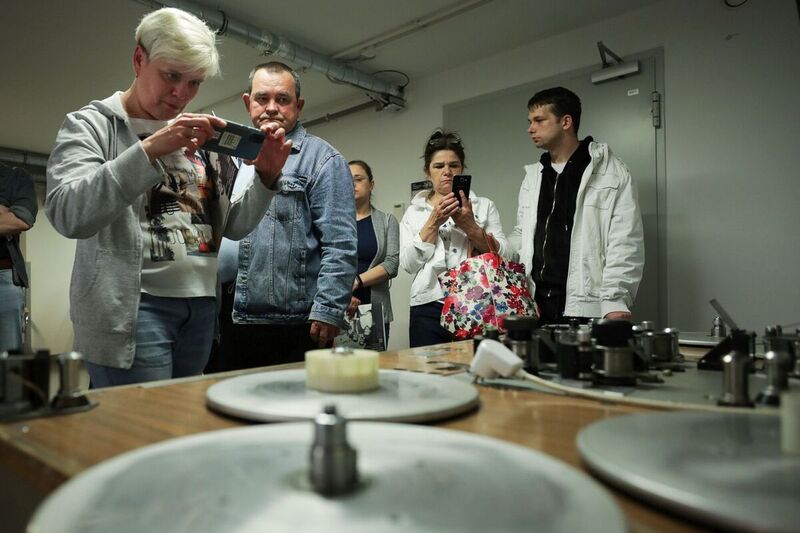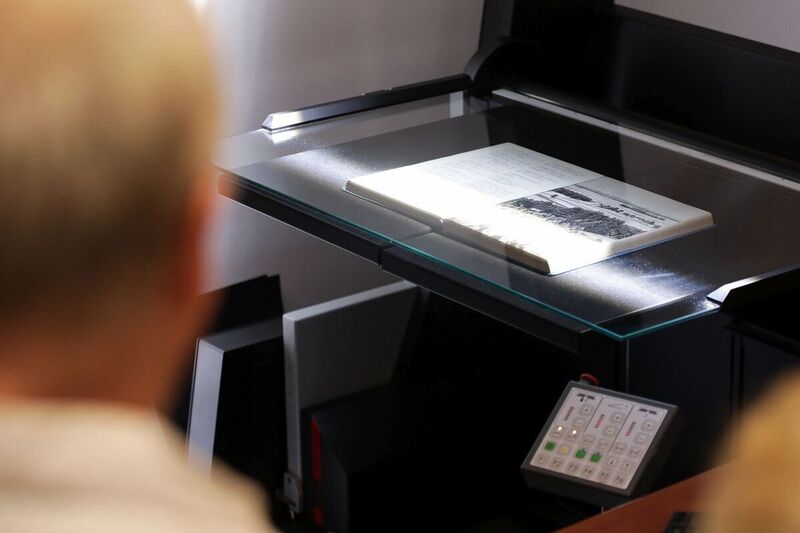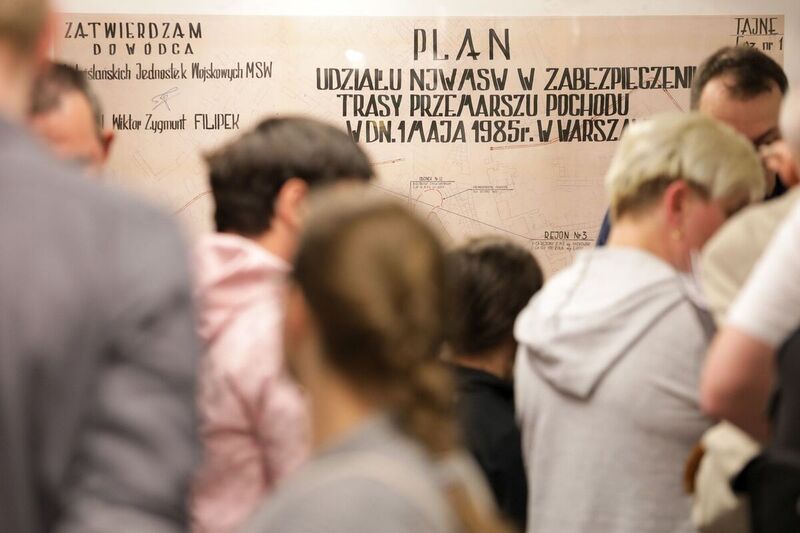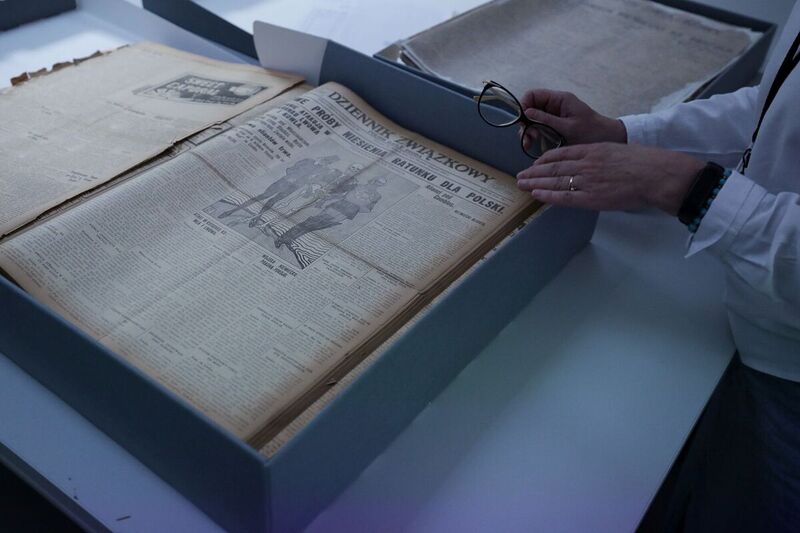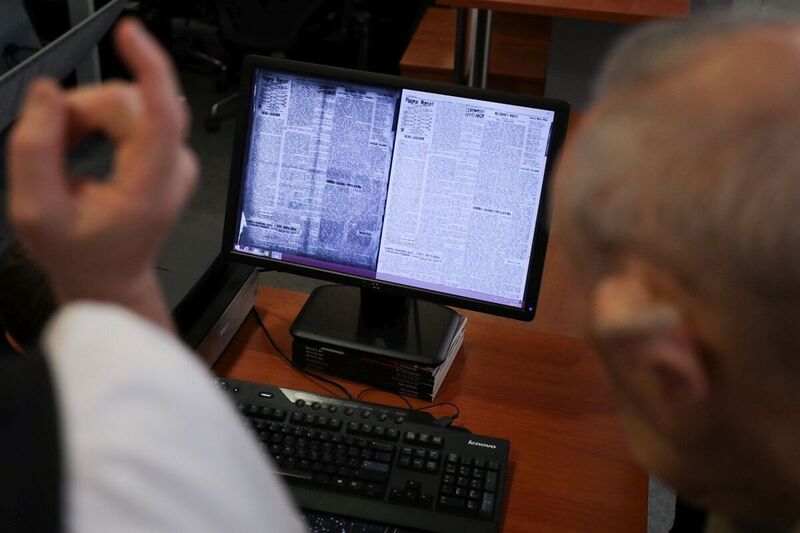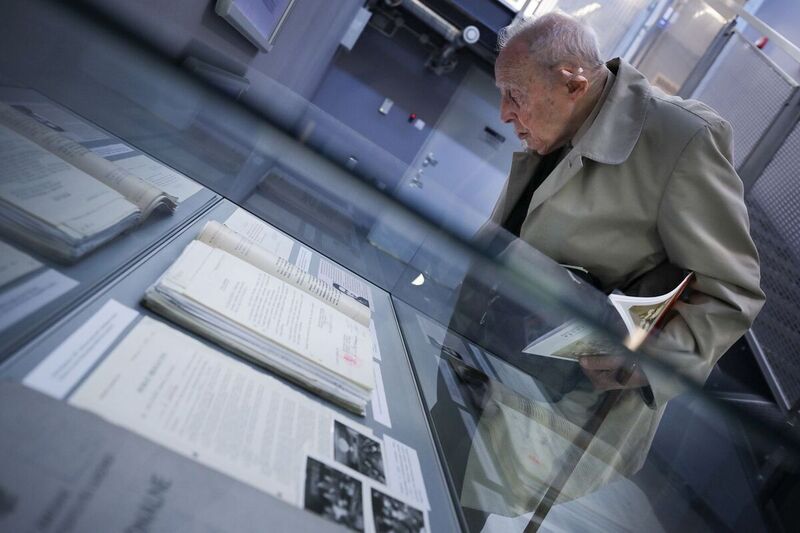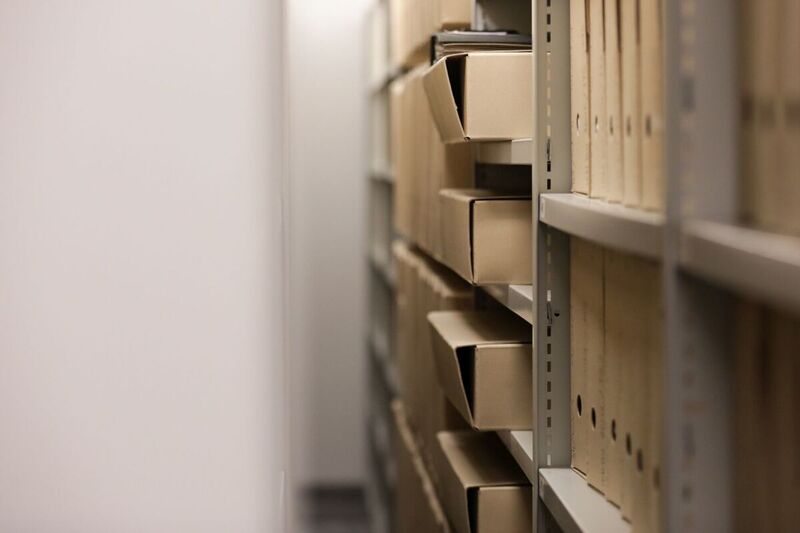The event was a unique opportunity to visit archival storerooms, which are not normally accessible for the public, as well as to have a look at archival materials meticulously restored by our conservators. For years, the IPN Archive has been opening its storerooms and vaults to the public during The Long Night of Museums. That’s one night when normally restricted-access resources are available for viewing to everyone.
THE IPN ARCHIVE IN A NUTSHELL
93 kilometres of written archives – that’s a very long paper trail, isn’t it? Let us not forget visual and audio sources – it would take a very long night to browse through nearly 40 million photos, 840,000 microfilms, 1,900 films and 1,110 audio recordings. That’s not possible.
Impossible, but worth trying; one night is enough to have a personal encounter with many fascinating gems in our collection. It includes thousands of rarities, such as the Stroop report, the Kremer diaries or the journal authored by Hans Frank.
Speaking about gems – our treasure trove, founded over 20 years ago, goes back more than 100 years. We preserve, manage and share these resources with researchers, institutions and the public. 13 May is for the public – virtually anyone can delve into our treasures.
And treasures they are – the IPN took over the resources collected by the Chief Commission for the Prosecution of Crimes against the Polish Nation. They include the archives of Third Reich and communist authorities, records of UN War Crimes Commission, and many others.
The resources are invaluable to researchers – scholars and journalists who want to shed some light on the obscure aspects of modern history. However, the archives are also accessible to individuals seeking information on family members persecuted by the German or Soviet regimes of the 20th century.
For such queries, the Center for Information on the Victims of WWII has been created. Individuals trying to track their relatives oppressed by the German Reich and/or Soviet Union may apply for information at ofiary@ipn.gov.pl.
German, Soviet and communist Poland records constitute a huge part of our collection, but a silver lining is also there: documents of official and underground authorities and organizations such as the government-in-exile, the Home Army or the Solidarity trade union.
And there’s more to it than meets the eye – co-operation agreements with our counterparts abroad, i.e. leading educational and archival institutions, provide us with access to most of their records and databases. Some of these contacts offer us truly unique opportunities.
For those who search for their lost family, our co-operation with the International Tracing Service in Bad Arolsen might be of special interest – as the only institution in Europe and one of just three in the world we have access to their databases, many of them digitalized.
The point is to share knowledge of modern history with the general public. That is also why our archives are accessible to scholars and journalists – the research they carry out translates into books and articles that educate, spark interest and provoke debates.
Scholars, journalists, institutions and individuals requesting access to the archives can contact us here archiwumipn@ipn.gov.pl or here archives@ipn.gov.pl. Appropriate application forms and access granting procedures can be found here https://ipn.gov.pl/en/arch
In addition to locating lost family and educating the public, our resources help prosecute perpetrators of Nazi and Communist crimes and bring them to justice, if possible. It is the job of the Chief Commission for the Prosecution of Crimes against the Polish Nation.
Most Nazi war criminals are already dead and therefore beyond reach but the circumstances of their crimes are still waiting to be uncovered and victims identified. The archives in our possession are of great help to prosecutors and historians investigating wartime atrocities.
Prosecuting communist crimes, including ‘court murders’, is easier because many perpetrators and their victims are still alive and more records have been preserved. The evidence - be it reports, photographs or testimonies - is quite often still available in our archives
The archives are often consulted by the Office of Search and Identification, responsible for locating crime and burial sites, exhumation of remains and their identification. Victims of Nazi and communist regimes are taken out of unmarked graves and returned their names.
Another unit, the Office for Commemorating Struggle and Martyrdom, is tasked with preserving monuments and cemeteries, and keeping the memory of events related to Poland’s fight for freedom and martyrdom alive. They do that through celebrations, exhibitions and other projects
Our archives contain a wealth of knowledge to draw on. It is essential to the Institute’s organizational units, useful to professionals such as journalists or scholars, and interesting to history enthusiasts. But to tell you the truth, everyone profits from it.
What counts at the end of the day is how much we can learn from these archives. Why not meet them personally, then? It’s good to have a personal encounter with history at the end of the day, or rather, at the beginning of the night – the Long Night of Museums at the IPN Archive.
